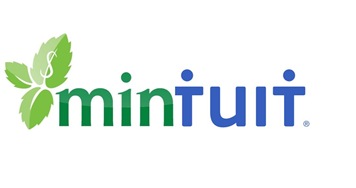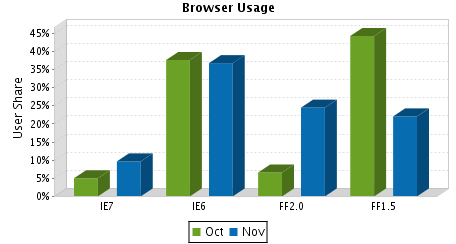 TechCrunch50 could not have asked for a better start: they get to announce that personal finance startup Mint winner of the $50K grand prize @ TC50 two years ago just got acquired for $170M.
TechCrunch50 could not have asked for a better start: they get to announce that personal finance startup Mint winner of the $50K grand prize @ TC50 two years ago just got acquired for $170M.
Great exit for a startup – not so sure about concerned users. But the big question today is why it made sense for Intuit and what the future holds for Mint and its users. The consensus is that first of all this has been a defensive move. Mint started to bite into the Intuit / Quicken pie, and Intuit just had to stop it.
There is some irony in this deal: the playbook had been written by Microsoft, against Intuit.

 (Updated)
(Updated)
 ). Clearly, the majority of new IE7 users are not IE6 upgraders, they came from the Firefox camp.
). Clearly, the majority of new IE7 users are not IE6 upgraders, they came from the Firefox camp.
Recent Comments